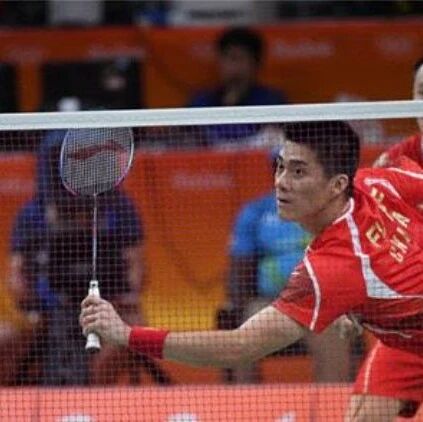In badminton doubles, these things are even more important than technique.
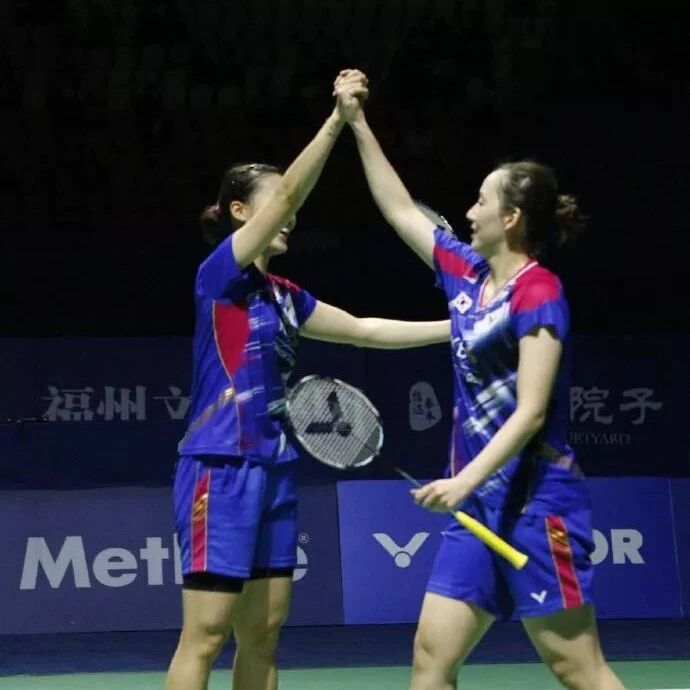

"I tend to speak pretty straightforwardly..."—this might seem like a display of honesty and genuineness, but on the court, it’s definitely an example of low emotional intelligence, especially when said in front of your partner.
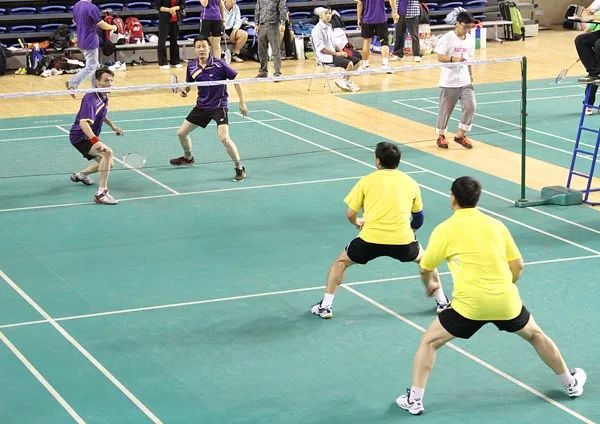
One crucial factor in playing doubles effectively is getting along well with your partner—after all, if there’s disharmony, it’ll inevitably lead to a lack of chemistry and teamwork.
Sometimes on the court, you often encounter those annoying partners who just make you feel uncomfortable to be around. In doubles, it’s crucial to pay attention to how you interact—after all, effective communication can even help keep everyone calm and focused.
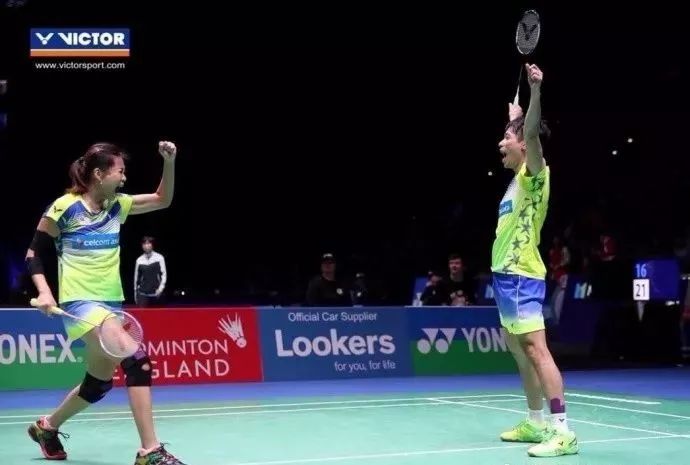
To enhance the comfort level between partners on the court, you can improve your approach in the following ways.
1. Communication should primarily consist of encouraging words.
When your partner makes a mistake, offer more words of encouragement, like "It's okay" or "We'll bounce back on the next point," instead of putting pressure on them. Remember to help share and ease your partner's stress.
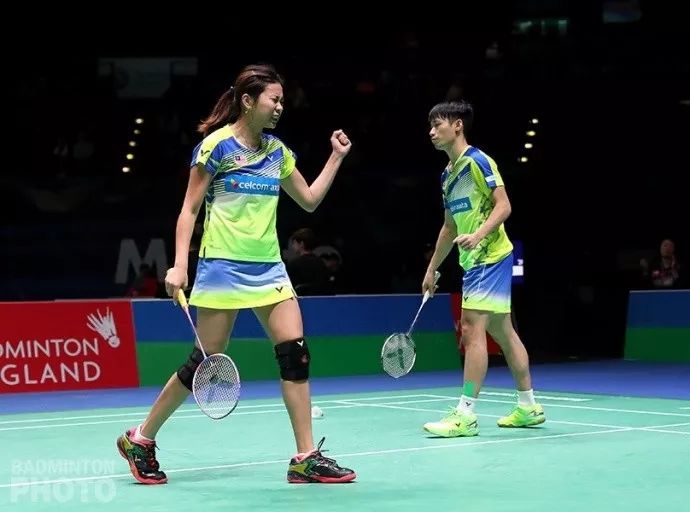
When your partner makes a great play, be sure to praise them—just one simple "Good job!" can go a long way in boosting their confidence.
2. Avoid constant complaining at all costs.
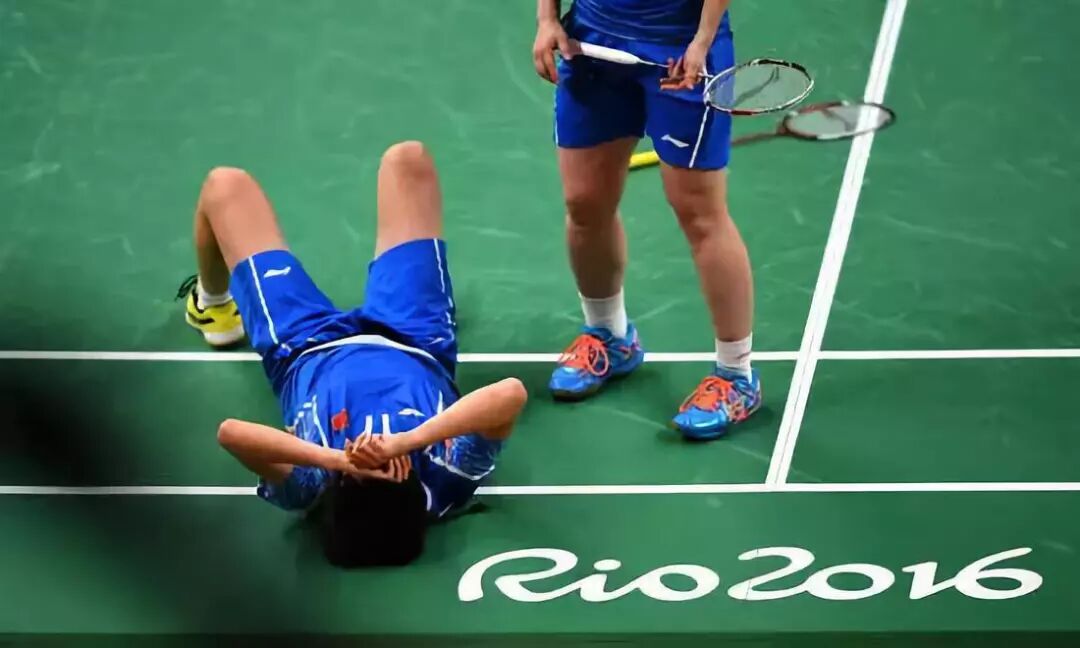
"Don't say things like, 'You shouldn't do this,' 'You shouldn't do that,' or 'I just told you—why aren't you listening?' In doubles, trust your partner. Complaining about your partner only spreads more negativity, making them even more anxious and likely to make more mistakes."
3. Apologize frequently when mistakes occur
When you're not feeling your best and tend to make frequent mistakes, be sure to apologize more often to your partner—showing them how sorry you are for holding them back. Chances are, your partner won’t feel comfortable being mad at you either.
4. Guiding communication requires attention to proper methods and approaches.
If your partner keeps running into the same issue, you can gently point out their areas for improvement—just be mindful of your tone, keep it concise, and focus on speaking less during the actual performance while reserving more time for constructive feedback afterward (provided your partner is open to hearing it).
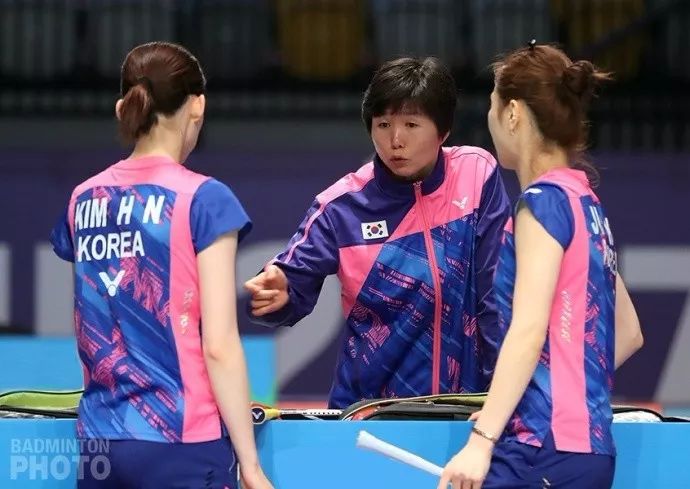
5. Learn to "serve the right dish according to the guest."
When you're tired and can no longer keep up, but your partner still has plenty of energy, do your best to pass the ball to them so they can take over. Alternatively, if your partner clearly outperforms you in skill, prioritize letting them handle the play. But if your partner’s abilities are only slightly weaker than yours, give it your all to contribute more to the effort.
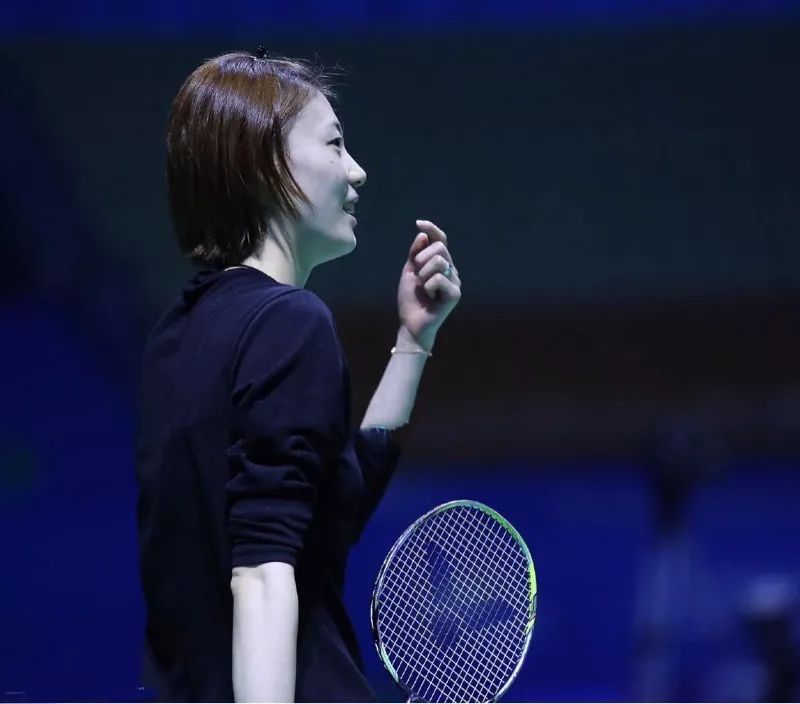
6. Use more positive body language
For example, after your partner makes a great shot, give them a thumbs-up to show clear support; actively pick up the ball as soon as it hits the ground; and after your partner misses, gently pat their lower back or lightly tap their waist with your racket to offer encouragement.
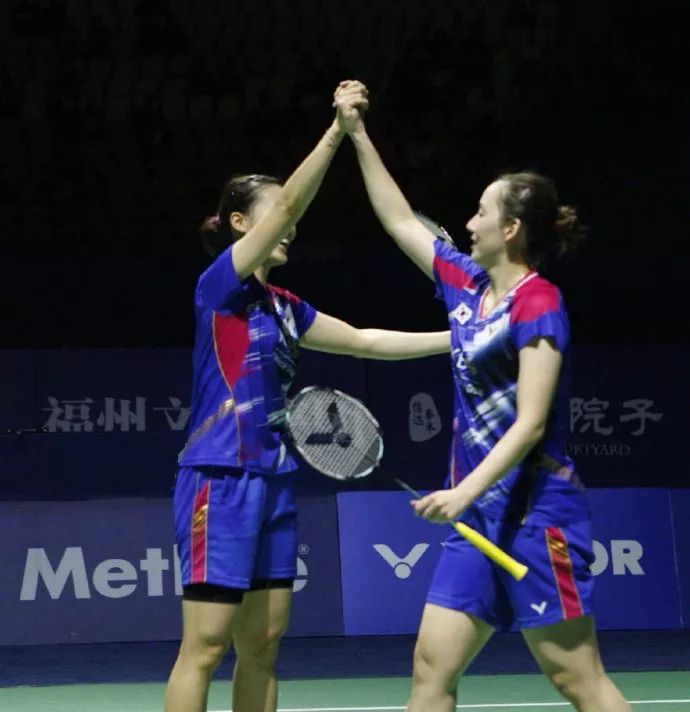
7. Always speak up when it matters most.
When either player could easily take a shot, it’s important to call out—either “I’ll take it” or “You go ahead”—to keep your partner in the loop. Don’t let competition for the ball or hesitation about who should shoot lead to mutual blame or resentment, as that’s exactly what your opponent would want you to do with their "divide-and-conquer" tactic. Instead, voicing your decision clearly helps prevent such misunderstandings. Whichever player feels more confident should step up and announce their intention first, taking control of the next play.
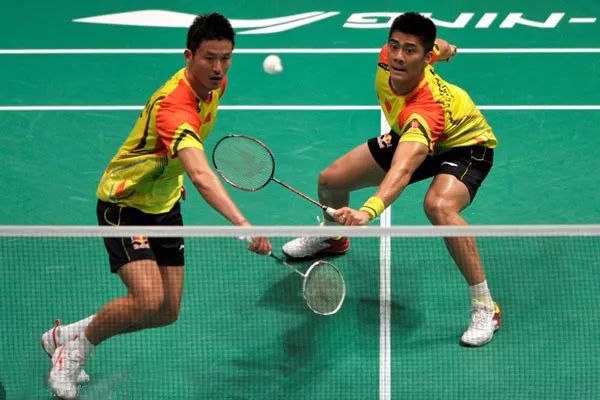
8. Don't give people the cold shoulder.
Don’t wear expressions of disappointment or disdain on your face—these cues can make your partner sense your unkindness, even if you remain silent. Such attitudes seriously dampen motivation, and low morale easily leads to mistakes—or even worse, a loss of confidence. Whether you’re on the court, in life, or facing good times or tough ones, try to greet others with a smile. After all, people who laugh often tend to have better luck!
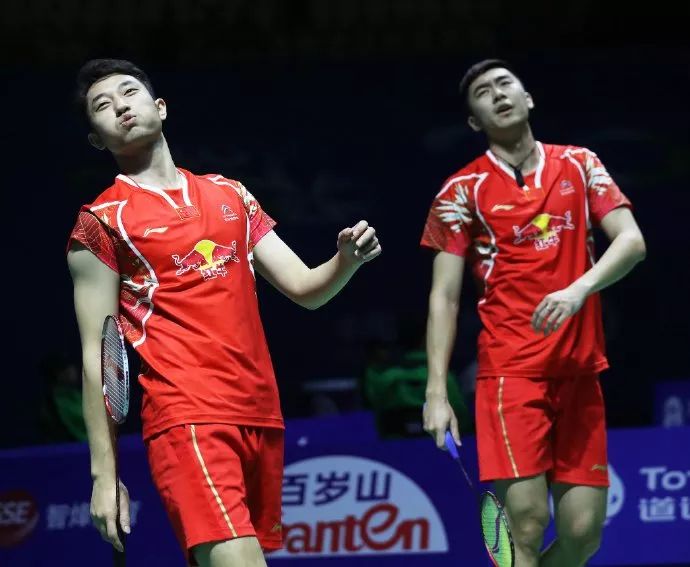
9. Don't speak negatively about your peers behind their backs.
Some people, after finishing a game, immediately start saying things like, "This guy is such a cheater!" or "Definitely don’t play with him—trust me, he’ll ruin you!" These are the most lowlifes of all—they’ve got one set of rules before the game and another entirely different set afterward. If someone’s clearly not very good at the game, just avoid teaming up with them in the future. And frankly, spreading negative rumors about others behind their backs isn’t just uncool—it’s a serious character flaw.
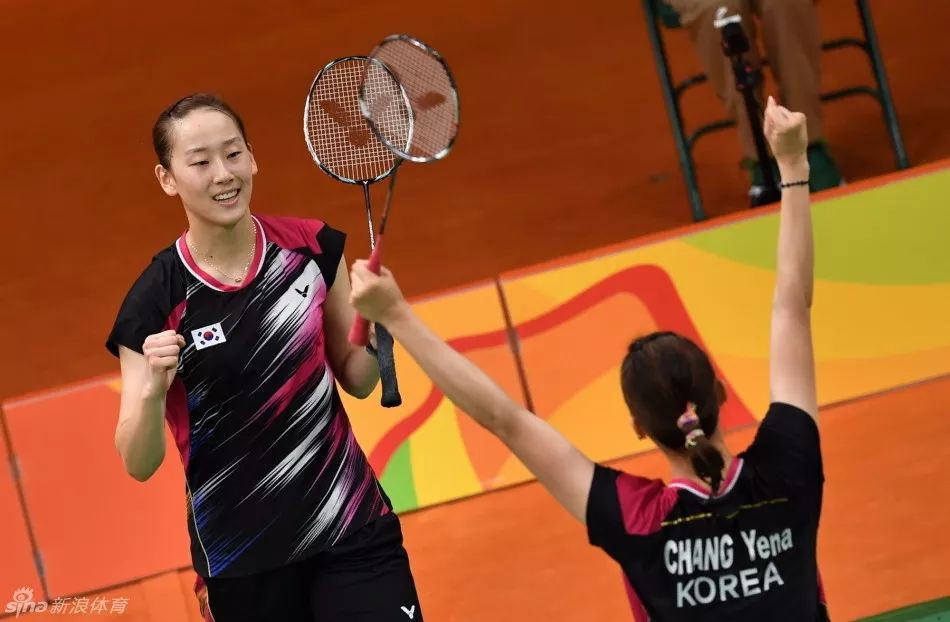
You’ve got to practice your skills, but of course, learning how to get along with your partner is equally important—after all, amateur players hit the court to have fun, not to let personal social awkwardness ruin the experience!!! Dear fellow player, don’t you agree?
More article recommendations:
Zhao Jianhua, Yang Yang, and Li Mao have prepared over 100 lessons for everyone, covering techniques like badminton net shots, backhand cross-court hooks, smashes, and more. Click "Read the Original Article in the Bottom Left Corner." If you're looking to improve your badminton skills, don't miss out—this is a must-see!

Related Articles

How exactly should mixed doubles badminton matches be played? And what specific roles should male and female players take on?
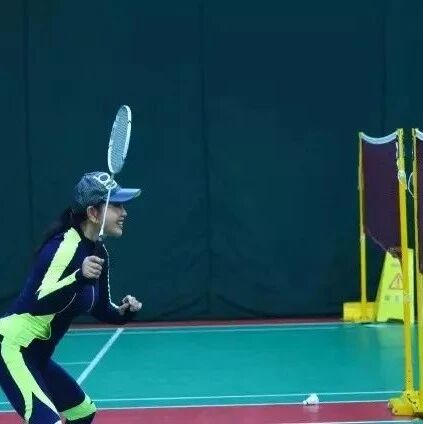
Have you ever seriously considered what’s truly holding back your progress in the game?
